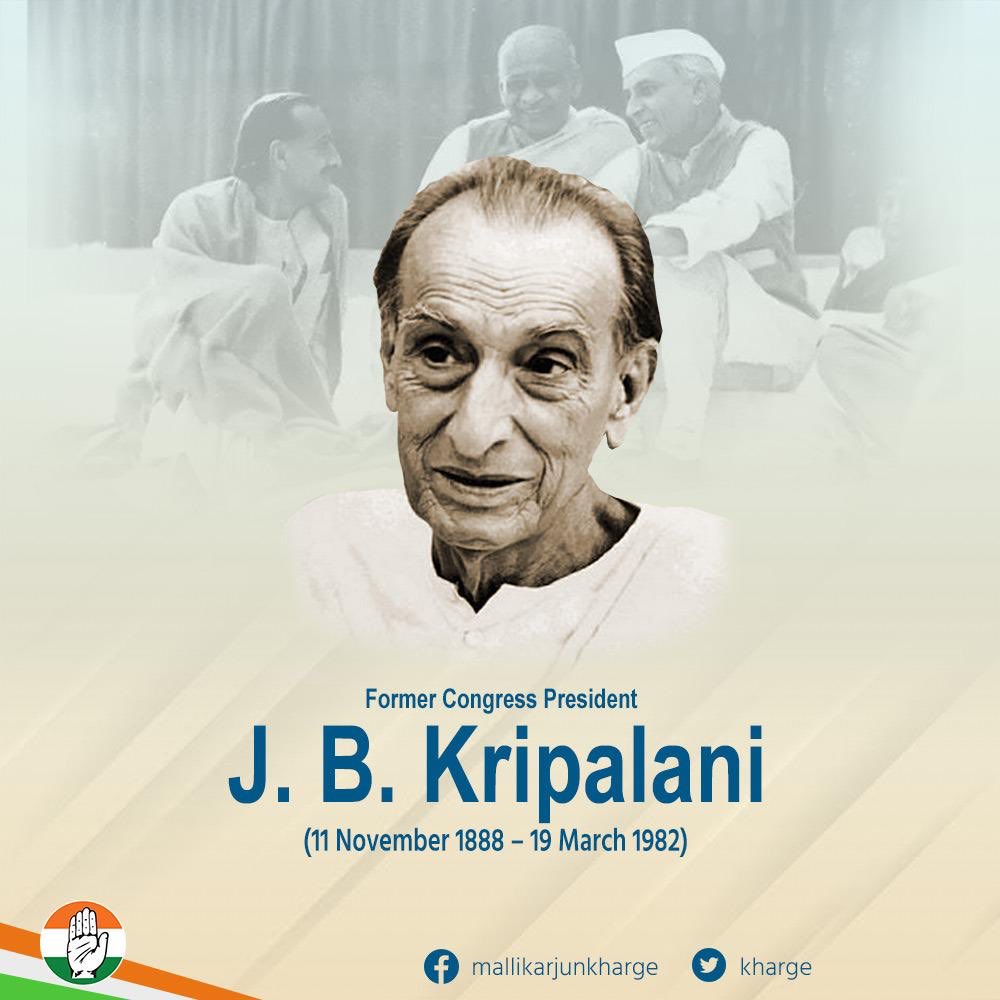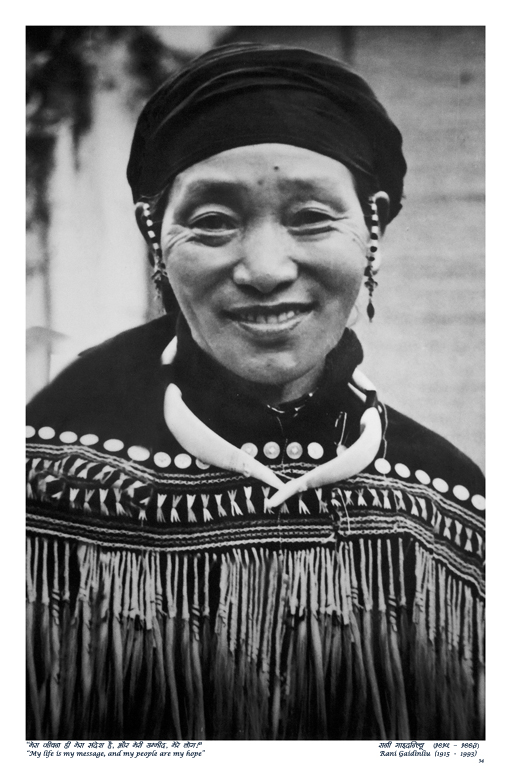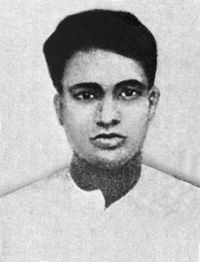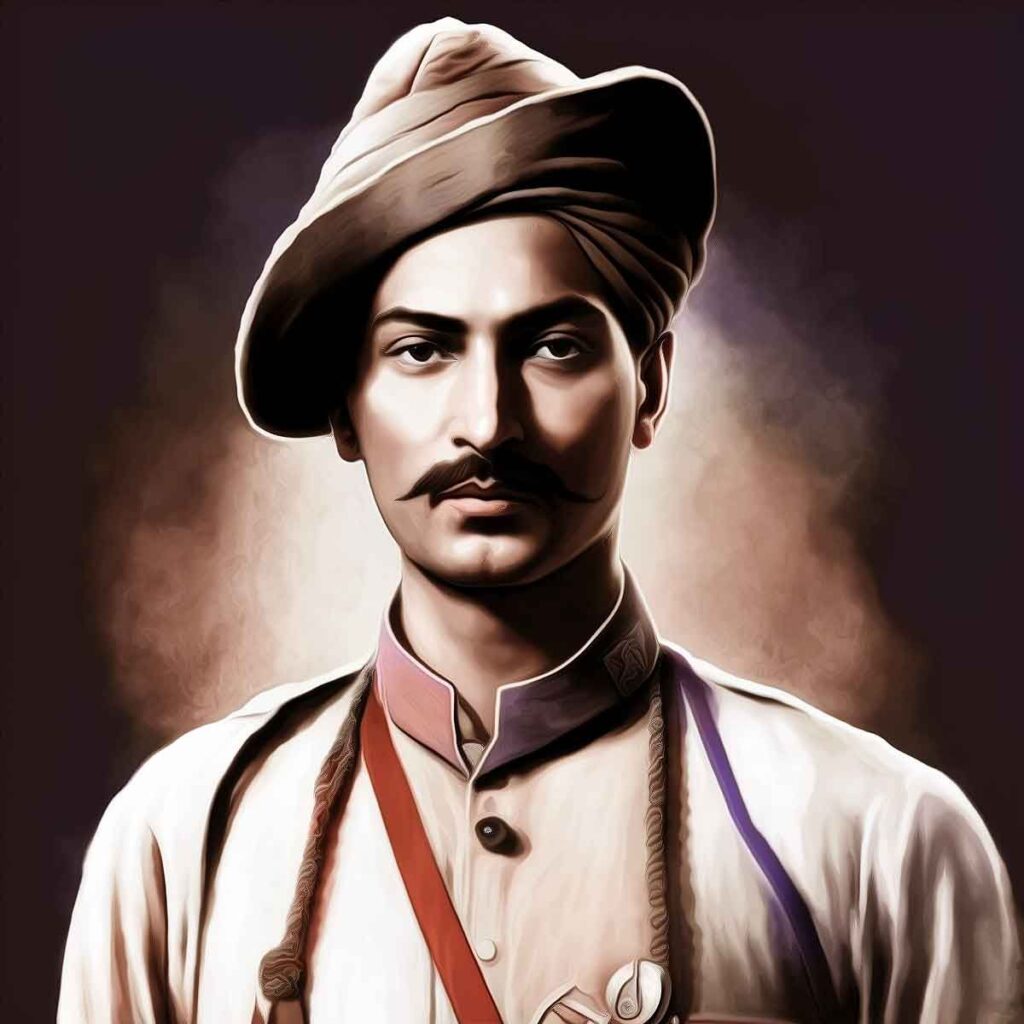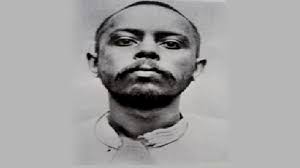Certainly! Rani Lakshmi Bai, also known as the Rani of Jhansi, was a prominent figure in Indian history, particularly during the Indian Rebellion of 1857. Here are some key points about her:
- Early Life and Background:
- Rani Lakshmi Bai was born as Manikarnika Tambe in 1828 in Varanasi, India.
- She was married to Raja Gangadhar Rao, the Maharaja of Jhansi, at a young age.
- Rise to Power:
- After her husband’s death in 1853, Rani Lakshmi Bai became the regent of Jhansi for her adopted son Damodar Rao.
- However, the British East India Company refused to recognize Damodar Rao’s claim to the throne, leading to tensions between the Rani and the British authorities.
- Role in the Indian Rebellion of 1857:
- During the Indian Rebellion of 1857, also known as the First War of Indian Independence or the Sepoy Mutiny, Rani Lakshmi Bai emerged as a prominent leader.
- She played a crucial role in organizing resistance against British rule and rallying her troops to fight for independence.
- Rani Lakshmi Bai’s defiance of British authority and her courageous leadership became legendary during the rebellion.
- Battle of Jhansi:
- In March 1858, Jhansi came under siege by British forces led by Sir Hugh Rose.
- Rani Lakshmi Bai led her army in the defense of Jhansi, displaying remarkable bravery and military skill.
- Despite her efforts, Jhansi eventually fell to the British after a fierce battle.
- Death and Legacy:
- Rather than surrendering to the British, Rani Lakshmi Bai is said to have fought bravely until her last breath.
- She is believed to have died in combat on June 18, 1858, at the age of 29.
- Rani Lakshmi Bai’s sacrifice and defiance against colonial rule have made her a symbol of courage, resilience, and patriotism in Indian history.
- She is widely revered as a national hero and is remembered for her unwavering commitment to the cause of Indian independence.


